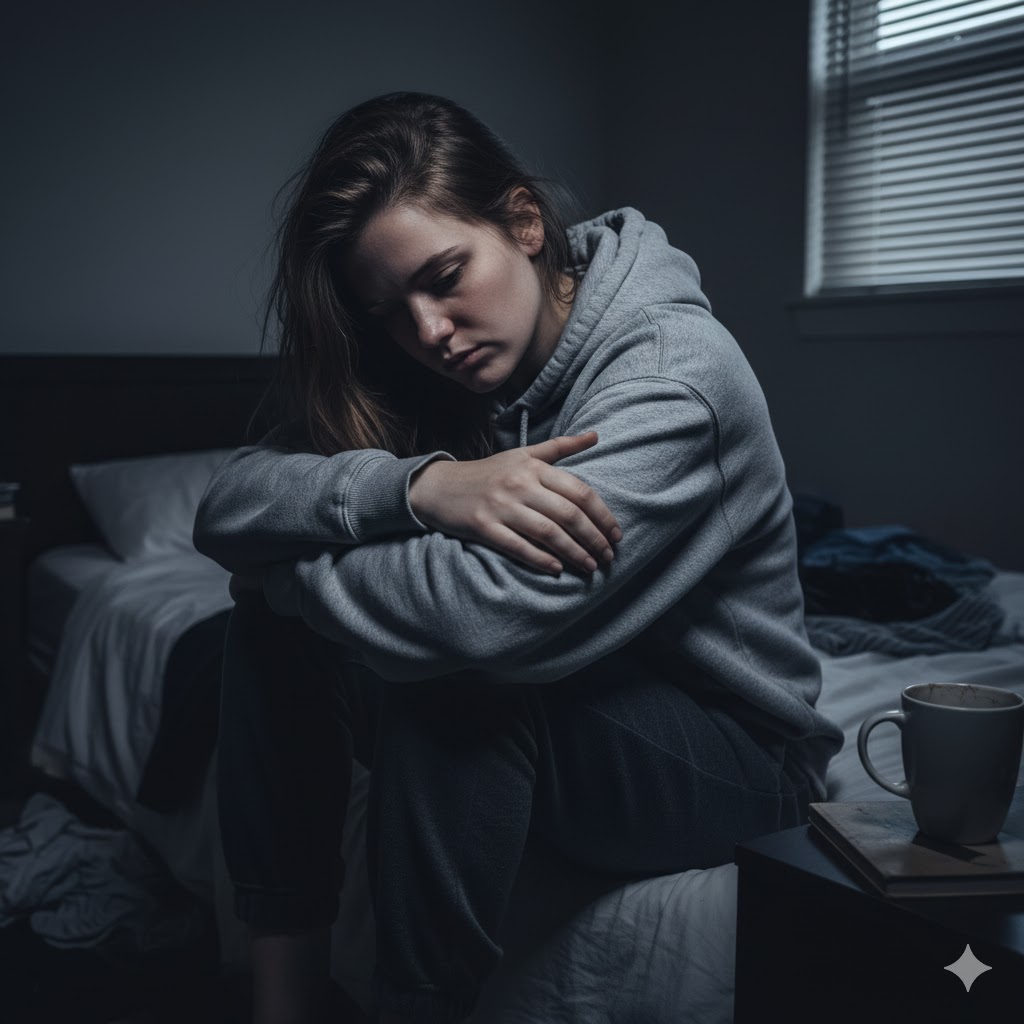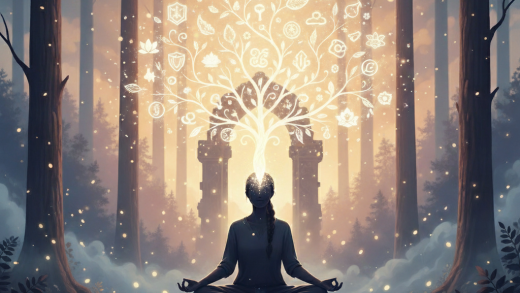Mental health and tiredness are deeply connected, often influencing one another in ways that can be hard to untangle. When someone is struggling with their mental health—whether it’s stress, anxiety, or depression—feelings of exhaustion tend to follow. The mind and body are not separate in how they experience strain; ongoing worry or low mood can leave a person drained, even if they haven’t done much physically. This type of tiredness is not simply about needing more sleep—it can feel like a heavy fog that lingers, making even simple daily tasks seem overwhelming.

At the same time, chronic tiredness can negatively affect mental health. When the body doesn’t get the rest it needs, concentration becomes harder, irritability increases, and emotions become more difficult to manage. Over time, lack of rest can deepen feelings of hopelessness or frustration, making mental health struggles worse. The cycle can become self-perpetuating: poor sleep and fatigue feed into emotional distress, which in turn makes it harder to rest.
Taking care of both rest and mental wellbeing is essential. Practices like keeping a consistent sleep schedule, setting aside time for relaxation, and reaching out for support when stress feels overwhelming can make a difference. Importantly, it’s not about perfection but about balance—listening to the body and giving it permission to rest when it needs to. By treating tiredness as more than just a physical state, and by recognising its ties to mental health, people can take meaningful steps toward recovery and resilience.
© William Sinclair Manson 2025
Discover more from WILLIAMS WRITINGS
Subscribe to get the latest posts sent to your email.



Great essay, Sir. I do agree with you on this astounding conclusion that “The mind and body are not separate”.
Thanks Davido… Thee mind is complex indeed.
Thank you, Sir. The body too, I think
yes friend, have a nice day.
A timely reminder to find ways to shut down the thinking over the day to allow relaxation to turn into sleep. Have a great Monday Billy. Allan
yes indeed allan, thanks a lot as a sufferer I find these things help..
I understand this well as my son uses sleep as an escape when he gets overwhelmed with life. Guess that is better that drugs or alcohol but still rather concerning.
ah good idea, Ive had bi polar since I was 16 and worked all my life, never used it as an excuse not to work, survived and still going strong, say hi to your son, thanks bev
💯 agree!
Thank you.
William, your words remind us that true strength lies in listening—to body, to mind, to the quiet signals of exhaustion. The way you connect science and soul feels grounding and sincere. You turn fatigue into wisdom, teaching that balance isn’t silence but harmony between effort and rest. Deeply thoughtful work. 🌙💫
awe thank you Livora, I try to share my wisdom as a sufferer of this awful disease since I was 16, thanks for your kind synopsis x
Thank you for sharing your strength and wisdom so openly. Your words carry such courage and grace — I truly admire your honesty and the light you bring through your writing.
Its a pleasure and thank you for reading x
My pleasure! 💫
Meditating or praying may be of help to getting rid of insomnia. Have a nice day, Billy
indeed, havent tried that yet.